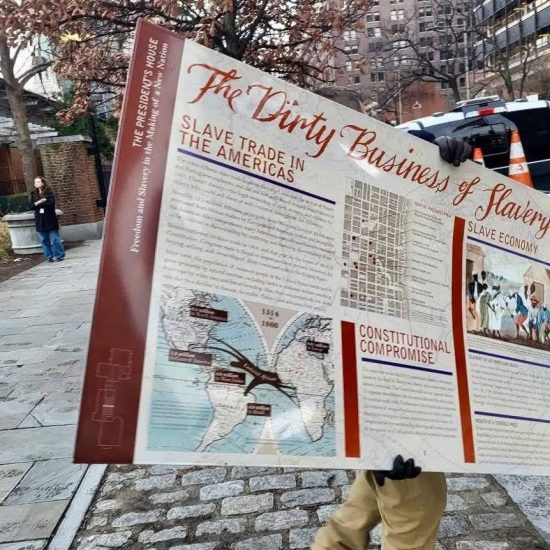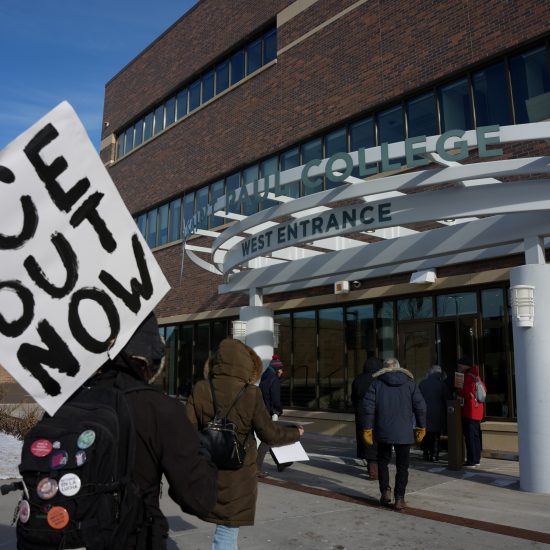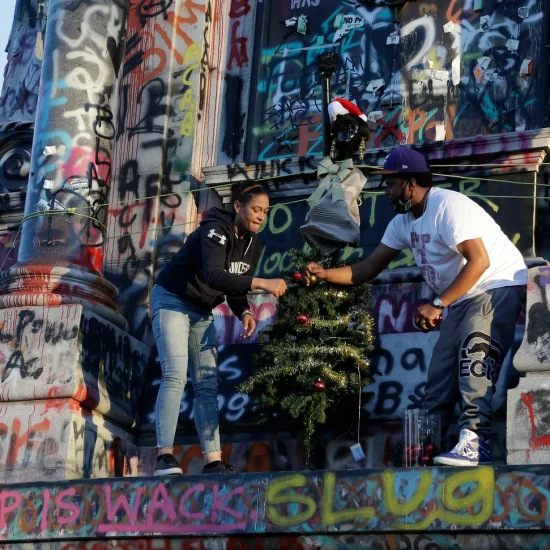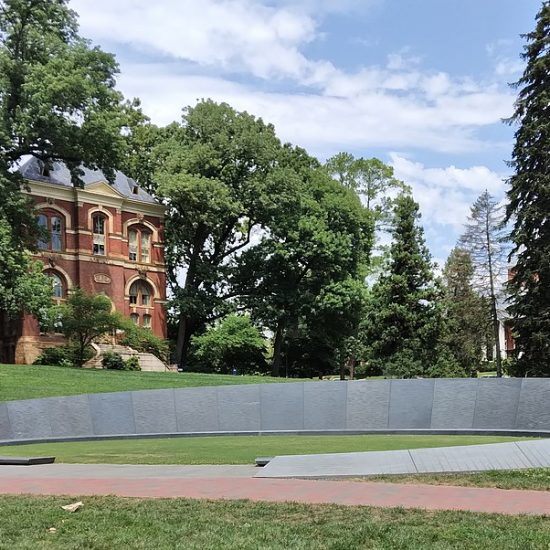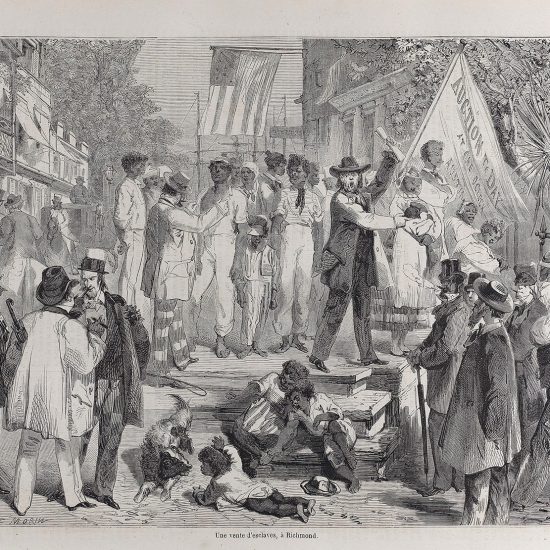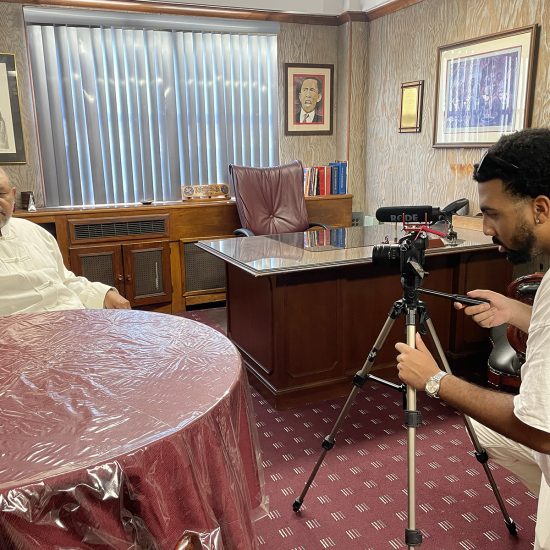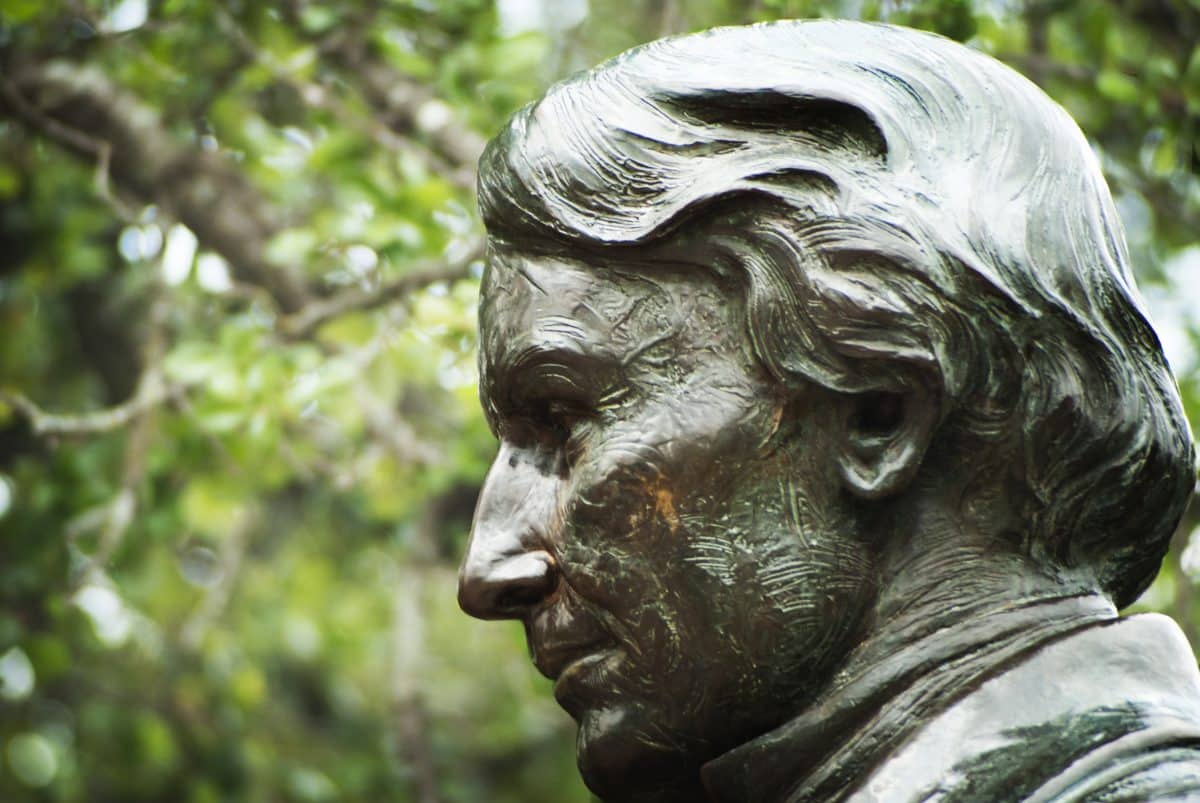
Baylor University in Waco, Texas, acknowledged Friday (June 26) its historical ties to slavery and the Confederacy, and announced a process to study the institution’s past to inform efforts toward racial justice. The school’s Board of Regents unanimously passed the “resolution on racial healing and justice” that might lead to removing statues or renaming buildings. The school is affiliated with the Baptist General Convention of Texas.
Baylor’s statement declares “Christian commitment is inconsistent with racism in any form.” Thus, the school’s past, the Regents added, means the school “has an opportunity and an obligation to pursue racial healing as an expression of our Christian faith and adherence to biblical principles of justice and love.”
“The Baylor University Board of Regents openly acknowledges the University’s historical connections to slavery and the Confederacy and must pursue opportunities to inclusively explore and engage in significant conversations about this aspect of the institution’s past,” the statement reads.
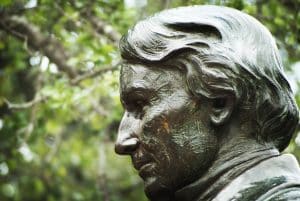
Statue of R.E.B. Baylor on the campus of Baylor University in Waco, Texas. (Brent Salter)
The statement acknowledges that the school, chartered in 1845 in the Republic of Texas, includes enslavers and racists as founders, early trustees, and leaders. All three founders named in the statement — Judge R.E.B. Baylor, Rev. James Huckins and Rev. William M. Tryon — enslaved Black individuals. Additionally, the statement admits that in those early years, “a number of University leaders and prominent individuals connected to the institution supported Confederate causes and engaged in the fight to preserve the institution of slavery both during and following the Civil War, including some serving as members of the Confederacy’s armed forces.”
The Regents announced in the statement that part of the “ongoing work of racial conciliation” would be the creation of a Commission on Historic Campus Representations. This advisory committee will study the history of all statues, monuments, buildings, and other named places on campus to provide guidance on any steps that might involve moving memorials or renaming buildings.
The Regents also pledged to increase racial and ethnic diversity of students, faculty, and staff, as well as find ways to “recognize the significant contributions of the Black community throughout Baylor’s history.”
Baylor President Linda A. Livingstone praised the Regents for offering “a truthful acknowledgment of the University’s past, including its connections to slavery and the Confederacy.
“Now is the time for Baylor, as a Christian university, to look deeply within our hearts, and listen and learn with humility about our past and from voices that have been unheard for years while also taking tangible steps forward. We must understand that we are all God’s children,” she added. “As president, I am firmly committed to ongoing open conversations and the hard work ahead of confronting systemic racism, injustice, and inequality at our University, historic and cultural representations on our campus and the deeply painful experiences of racism shared by current and former students, faculty, and staff.”
A few dozen other universities across the country have in recent years undergone similar efforts to more fully research their past ties to slavery and consider steps to take in response that include renaming places on campus. Schools with historic Baptist ties that have already gone through this process include Brown University in Providence, Rhode Island, Furman University in Greenville, South Carolina, and Wake Forest University in Winston-Salem, North Carolina. Furman’s report led them to change the name of one building (though not the school’s overall name) as well as name several places on campus after African Americans — including a plaza now named for an enslaved person forced to work on the campus.
Southern Baptist Theological Seminary in Louisville, Kentucky, in 2018 issued a report detailing how its four founders enslaved more than 50 people and supported the Confederacy. Earlier this month, some Black Southern Baptists called on the school to remove the names of the four from buildings and other places of honor on the campus. SBTS leaders previously rejected a call that the institution apologize for its slavery past and pay biblical reparations.

